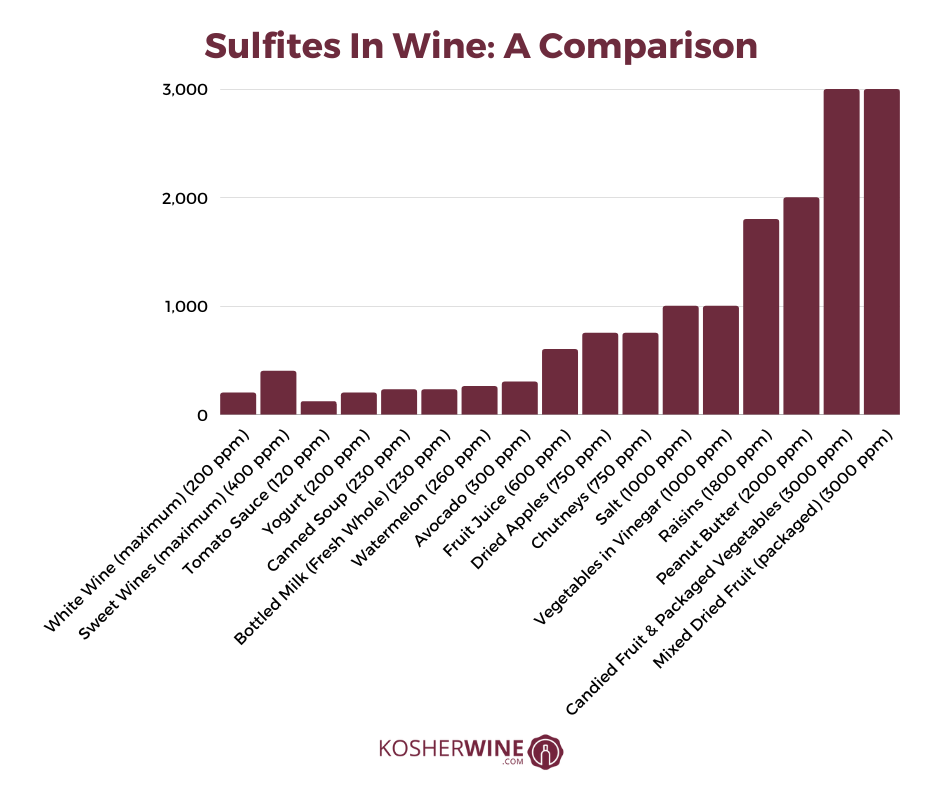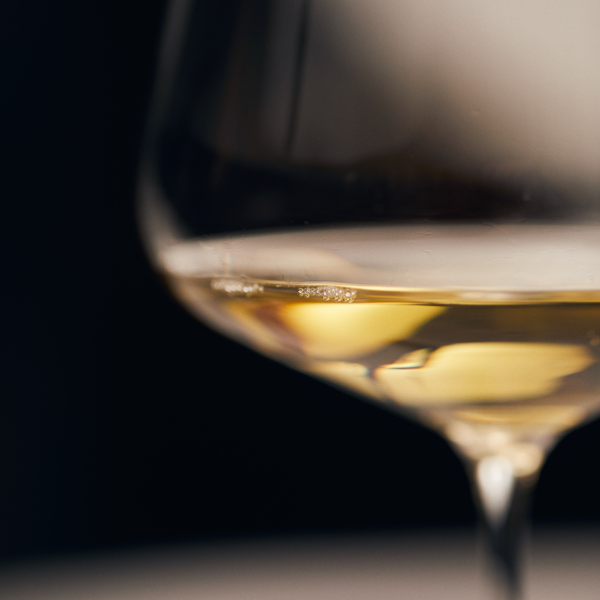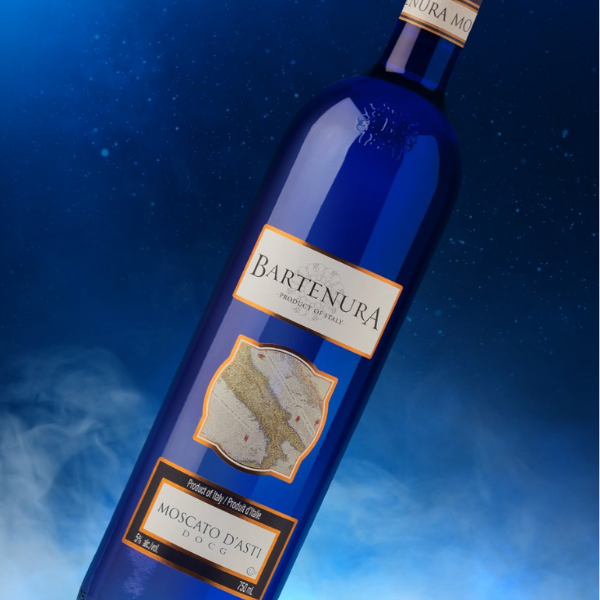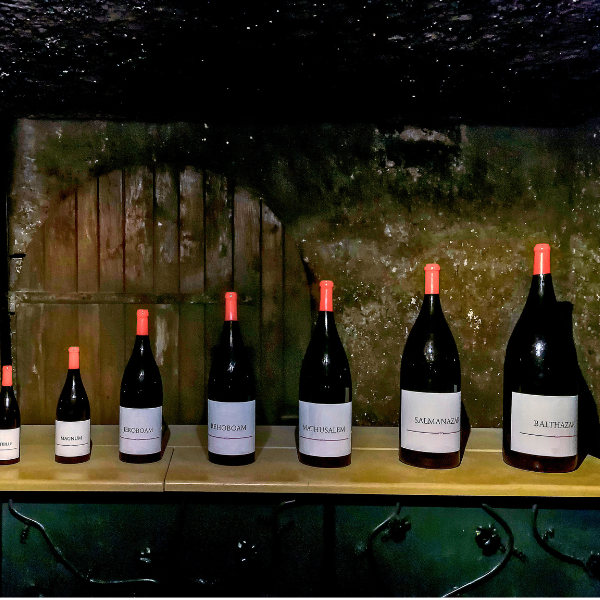Sulfites in Wine: A Real Concern or Just a Misunderstanding?
- Sep 5, 2023
Sulfites in wine have sparked curiosity and misconceptions among consumers and connoisseurs alike. Let's dive into the details of sulfites, their origin, their role in wine, and whether they are as significant an issue as often portrayed.
Sulfites are chemical compounds containing the sulfite ion (SO32-); in wine, sulfur dioxide (SO2) is specifically found. A natural by-product of fermentation, sulfites are present in all wines.
In the context of wine, it's sulfur dioxide (SO2) that we're talking about. While naturally occurring in all wines, sulfites have been used as a preservative for centuries in various foods and beverages. They gained significant attention in the 1970s and 1980s when their usage spiked in different food items like fresh salads to maintain color. This led to an FDA ban in 1986 on the use of sulfites in fresh fruits and vegetables due to adverse reactions in a small percentage of the population.
But, while wine gets attention for its sulfite content, it's worth noting that many other foods, including processed items like baked goods, soup mixes, and jam, also contain sulfites. For that matter, many contain far more sulfites than wine.
Contrary to popular belief, sulfites are unlikely the cause of wine-induced headaches. Other culprits might include histamines or tannins present in wines, dehydration due to alcohol, or even additives in cheaper, low-quality wines.


The Function of Sulfites in Wine
Winemakers have utilized sulfur dioxide since the 19th century for various reasons:
- It acts as an antioxidant, preserving the wine's color and flavor.
- It has antiseptic properties that prevent bacterial growth.
- It encourages favorable yeast development for better fermentation.
Without sulfites, wine's quality would deteriorate quickly, even turning into vinegar.
Additionally, Winemakers often find themselves fine-tuning the sulfite levels in wine. Sometimes adding sulfur dioxide is necessary to ensure the right balance and protect the wine's flavor.
Interestingly, winemakers are exploring alternative preservation methods like UV radiation and electrical pulses, but these are yet to become mainstream.
Sulfites on Wine Labels: Regulations and Realities
The presence of sulfites in wine has been a point of concern and regulation. In the United States, labeling guidelines set by the Alcohol and Tobacco Tax and Trade Bureau (TTB) require any wine containing more than 10 parts per million (ppm) of sulfites to carry a "Contains Sulfites" label. It's worth noting that nearly all wines have naturally occurring sulfites, and in most instances, these levels exceed the 10 ppm threshold. For more details on these regulations, you can refer to the TTB's requirements for sulfite labeling.
However, the labeling doesn't always tell the full story. For example, wines marketed as "low sulfite" usually have no added sulfites but may still contain naturally occurring levels that exceed 10 ppm, necessitating the label. Additionally, the practice of labeling wines with sulfites began in the late '80s when the FDA identified sulfites as potential allergens, adding another layer to the labeling process.
Interestingly, some wineries opt not to undergo sulfite lab testing due to its high cost. As a result, their wines may carry the "Contains Sulfites" label by default, whether or not they actually contain sulfite levels above the regulated amount.


How to Choose Low-Sulfite Wines
For those interested in minimizing sulfite intake, pay attention to labels. Wines with less than 10 ppm of sulfites are not required to include the "Contains Sulfites" label. Additionally, organic wines in the U.S. cannot have added sulfites but may naturally contain them.
That being said, sulfites in wine aren't the villain they're often made out to be. By understanding their role and origins, awe hope you can make an informed decision the next time you enjoy a glass.
Whether you're curious about sulfites in wine, have heard conflicting information, or simply want to make more informed choices, our wine consultants are here to help. Reach out by calling or texting 845-203-0150.
Want to go beyond sulfites and explore other aspects of wine? Consider joining a class at the KosherWine.com Academy to deepen your wine knowledge. Click here to learn more!
 Get help from an expert like Brad
Get help from an expert like Brad









